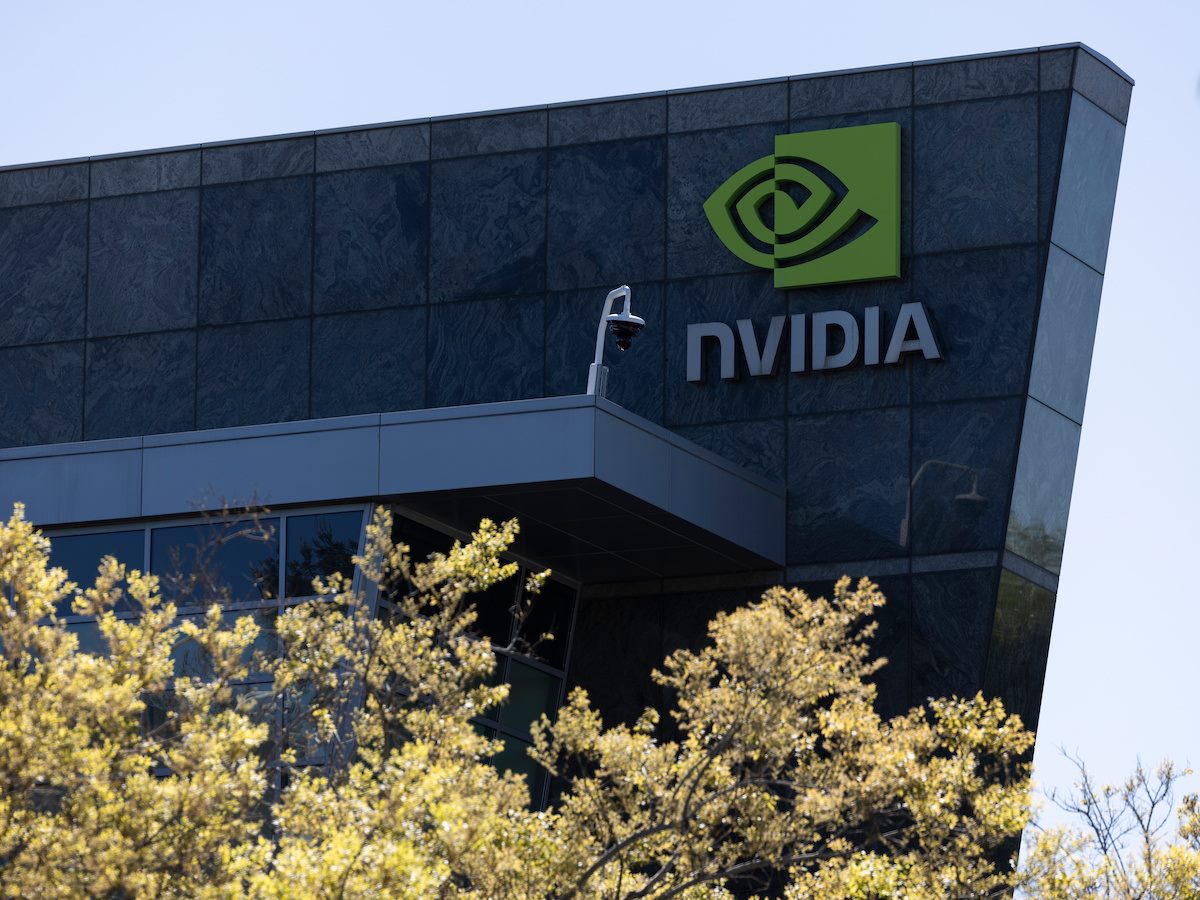Key Takeaways
- Major AI investment. Nvidia plans up to $100 billion investment in OpenAI and its infrastructure.
- Supplier-customer relationship. Nvidia will supply data center chips to OpenAI beginning in 2026.
- Market impact uncertainty. Enterprise tech leaders may see new competitive dynamics but analyst views remain divided on long-term benefits.
Nvidia announced plans to invest up to $100 billion in OpenAI while also becoming a supplier of data center chips to OpenAI. According to Reuters, the deal would give Nvidia a financial stake in what it describes as "the world's most prominent AI company," which is already a significant customer.
The first data center equipment is expected to be delivered in the second half of 2026, according to the announcement. Analyst opinions on the deal appear mixed, with some viewing it as validation that OpenAI sees Nvidia GPUs as essential, while others question the strategy of funding a customer to purchase Nvidia's own equipment.
The AI Investment Boom: Rising Costs, Uncertain Returns
The AI industry faces a widening gap between massive infrastructure investments and actual revenue returns, creating both opportunity and risk for market players.
Nvidia's planned $100 billion OpenAI investment follows a pattern of aggressive AI infrastructure spending across the tech sector. This continues a trend where investment in data centers and hardware equipment has grown significantly since ChatGPT's launch, reaching $45 billion in Q3 2024. However, according to Deloitte, companies are investing "tens of billions" in chips and "hundreds of billions" in AI data centers while seeing returns 10 times lower than investments.
The deal reflects how AI infrastructure has become critical to revenue growth. Big tech companies like Microsoft, Google, Amazon and Meta are heavily investing in both AI models and the underlying hardware infrastructure. Many are developing their own AI chips to reduce dependence on suppliers like Nvidia.
This follows earlier investments in OpenAI, including a reported $500 million from SoftBank as part of a $6.5 billion funding round that valued OpenAI at $150 billion. The AI sector is also experiencing significant consolidation through mergers and acquisitions as companies seek to capture specific markets.
Related Article: 6 Steps to Maximize AI ROI and Productivity
Who This Deal Impacts: Enterprise Buyers, Chipmakers and AI Teams
- Enterprise AI Infrastructure Buyers: CIOs, CTOs and IT procurement teams at large enterprises will need to closely monitor this deal, as it may affect access to Nvidia hardware, pricing models and priority in supply chains. A dedicated supply arrangement with OpenAI could signal tighter chip availability for others — particularly during periods of constrained inventory — and could incentivize enterprises to diversify their chip and infrastructure strategies.
- Competing Chip Manufacturers and AI Infrastructure Providers: AMD, Intel and custom chip makers like Google (TPUs), Amazon (Trainium/Inferentia) and Microsoft (Athena) may see this partnership as both a threat and an opportunity. On one hand, Nvidia’s close alignment with OpenAI strengthens its dominance. On the other, competitors may position themselves as more neutral, flexible partners for AI workloads, appealing to customers who want to avoid vendor lock-in.
- AI Model Developers and Deployment Teams: Teams building and deploying large-scale models will be watching for potential trickle-down effects on compute availability, cost structures and ecosystem compatibility. Nvidia’s tighter integration with OpenAI could mean earlier access to hardware-optimized model releases or SDKs, or it could further fragment the AI development landscape, requiring teams to specialize in specific hardware stacks.
AI Infrastructure Deals Heating Up: Nvidia, Meta, Amazon & More
The Nvidia-OpenAI partnership is part of a broader trend of significant investments in AI infrastructure.
| Companies Involved | Deal Details | Announcement Date |
|---|---|---|
| Nvidia-OpenAI | Up to $100B investment with data center chip supply beginning 2026 | September, 2025 |
| Nvidia-Intel | $5B investment for approximately 4% stake in Intel | September, 2025 |
| Oracle-OpenAI | Reported $300B computing power deal over approximately five years | September, 2025 |
| CoreWeave-Nvidia | $6.3B initial order with cloud capacity guarantees | September, 2025 |
| Nebius-Microsoft | $17.4B GPU infrastructure capacity over five-year term | September, 2025 |
| OpenAI-Statsig | OpenAI acquires Statstig in $1.1B all-stock deal, appoints founder to Applications CTO | September, 2025 |
| Meta-Google | Six-year cloud computing deal worth over $10B | August, 2025 |
| Intel-SoftBank | $2B capital injection making SoftBank a top-10 shareholder | August, 2025 |
| Tesla-Samsung | $16.5B chip deal for Tesla's next-generation AI6 chip | July, 2025 |
| Google-Windsurf | $2.4B in license fees for AI code generation technology | July, 2025 |
| Meta-Scale AI | Meta acquired 49% stake for $14.3B with Scale AI CEO joining Meta's AI strategy | June, 2025 |
| CoreWeave-OpenAI | $11.9B five-year contract signed before CoreWeave's IPO | March, 2025 |
| Stargate Data Center Project | Joint venture between SoftBank, OpenAI and Oracle with up to $500B investment | January, 2025 |
| Amazon-Anthropic | $4B investment in OpenAI competitor, doubling Claude investment | November, 2024 |
Related Article: How to Convert AI Gains Into Real Business Value
Inside Nvidia: The AI Chip Giant Behind the $100B Bet
Nvidia, founded in 1993 in Santa Clara, California by Jensen Huang, primarily targets enterprise technology buyers, data center operators and organizations deploying AI and high-performance computing solutions.
Nvidia’s Product Stack
Nvidia offers graphics processing units (GPUs), system-on-a-chip units and software platforms for AI, deep learning and accelerated computing. Its CUDA platform enables parallel computing for scientific and enterprise workloads. Nvidia also provides networking hardware and software for data centers, as well as platforms for automotive and edge computing applications.
Nvidia's Market Position
The tech company is widely recognized as a significant player in the semiconductor and AI infrastructure markets. Its products are used by hyperscale cloud providers, research institutions and large enterprises seeking to accelerate data analytics, machine learning and graphics-intensive workloads. Nvidia's solutions are often adopted by organizations with substantial computing needs, including those in healthcare and financial services.
